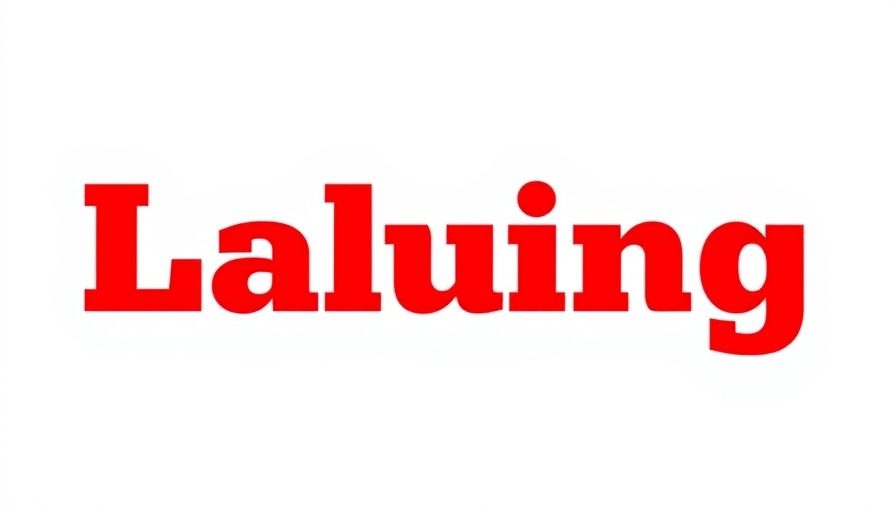
Understanding the EPA's Technology Transitions Rule
The recent developments surrounding the EPA's Technology Transitions Rule have left many homeowners, property managers, and small business owners wondering how this will impact their HVAC systems. The Technology Transitions Rule aims to phase out certain hydrofluorocarbons (HFCs), potent greenhouse gases often used in cooling systems, and encourage the adoption of more environmentally friendly alternatives.
What This Means for HVAC Systems
The transition to new refrigerants, as mandated by the EPA, compels HVAC manufacturers to innovate rapidly towards more sustainable options. As a homeowner or property manager, this regulation could change the landscape of what's available in the market. Popular manufacturers like Lennox are already adapting their products to adhere to these new regulations, and many are also capitalizing on the opportunity to upgrade energy efficiency standards.
Benefits of Transitioning to Eco-Friendly HVAC Systems
By transitioning to newer systems and refrigerants, users stand to gain through not only environmental benefits but also potential cost savings. Modern systems designed with climate-safe refrigerants often operate more efficiently, which can significantly lower energy bills. Additionally, many states provide rebates on energy-efficient HVAC systems, which can offset the costs of new installations.
What Homeowners Should Know
Investing in an HVAC system that adheres to the new standards is not only a step towards sustainability but also enhances the longevity of your system. Homeowners considering how much a new central heat and air unit may cost can expect to see a range based on the system's efficiency ratings and the specific needs of their homes. Typically, installation costs for HVAC systems can vary but understanding local pricing ranges is crucial.
The Future of HVAC Systems
As the industry shifts towards sustainable solutions, it's essential to stay informed about the latest technologies and HVAC system brands. For instance, knowing who the best air conditioner manufacturer is can help in making decisions about new installations. It is also a good idea to research what are the best HVAC systems on the market that comply with the Technology Transitions Rule.
Actionable Insights for Homeowners
If you are contemplating an HVAC upgrade, consider seeking out systems that incorporate the latest energy-efficient technologies and refrigerants. Tools such as free HVAC leads can also guide you to certified contractors skilled in these new installations. Moreover, understanding the purpose of fresh air in HVAC systems can enhance indoor air quality, making it an essential consideration for any upgrade.
Wrap-Up: Stay Ahead of the Changes
With significant changes on the horizon due to the EPA's regulations, now is the time for homeowners and property managers to educate themselves about their HVAC options. By prioritizing eco-friendly systems, you can not only contribute to a healthier planet but also enjoy the benefits of modern technology, lower energy costs, and potential rebates. As these changes unfold, staying informed will equip you to make the best decisions for your heating and cooling needs.
Call to Action: Take the time to consult with HVAC professionals about how the Technology Transitions Rule affects you. Explore your options for energy-efficient systems and look for any available rebates to upgrade your HVAC for a more sustainable future.
 Add Row
Add Row  Add
Add 

 Add Row
Add Row  Add Element
Add Element 




Write A Comment